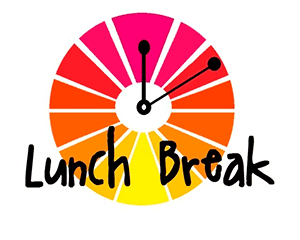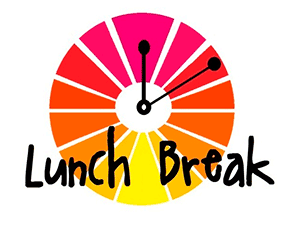 In the workplace era of “do more with less,” few leaders feel like they can realistically accomplish all of their goals during a normal 8-hour workday. In an effort to increase productivity and find more hours in the day, but not sacrifice time with the family, most leaders start stealing from themselves. First, the 15-20 minute breaks disappear, then lunch comes next.
In the workplace era of “do more with less,” few leaders feel like they can realistically accomplish all of their goals during a normal 8-hour workday. In an effort to increase productivity and find more hours in the day, but not sacrifice time with the family, most leaders start stealing from themselves. First, the 15-20 minute breaks disappear, then lunch comes next.
I was recently coordinating calendars with a senior HR Manager whose only opening in the day was at noon. I suggested we postpone our meeting until another, less hectic, day. She said “That’s not necessary. I don’t take a lunch break. I haven’t taken a lunch break in 3 years.” In total shock, I blurted out “On purpose?” She seemed surprised by my reaction and explained that “When you get to my level, you just have to make some sacrifices.”
And she’s right. She is making sacrifices. According to research, by giving up lunch, she is sacrificing productivity and personal well-being.
In a study published by the Journal of Occupational and Organizational Psychology, taking a lunch break translates into feeling less exhausted and feeling more engaged in the afternoon. Specifically, a person who takes a break and feels recovered from the morning also has a stronger belief in their own ability to handle the challenges they’ll experience in the afternoon.
Feelings of exhaustion, decreased engagement, and reduced confidence in oneself are poison to the workplace. Not only is that behavior contagious, but when a leader chooses to work through lunch it establishes a standard for the team. A leader need not impose an actual lunch ban (which would be illegal) for the team to follow suit and abandon lunches as well. These seemingly small choices seep into the company culture and are difficult to reverse.
Earlier in my career, a new SVP joined the company in the Fall. Even in his first few weeks, it was apparent that he worked at a pace far more demanding than any other leader in the company. During my week of vacation over the Christmas holiday, he emailed various requests on every day except Christmas Day itself. Without overtly saying so, all of his direct reports knew that the new expectation was that everyone will still work despite vacations and holidays. Over the next year, that belief was reinforced with mandatory team meetings after hours and on vacation days. I even found myself calling in to a mandatory team meeting while my toddler was in surgery.
Looking back now, I know that this SVP didn’t plan to disrupt the work life balance of the team, but the effects of his workaholism were undeniable. The cultural shift in expectations and what “time off” really means still permeates that organization today.
So, take that lunch break. Take a clear stand that the one-hour detachment from work is necessary for engagement, overall well-being and confidence in one’s abilities. Lunch isn’t optional. It’s vital to you, the performance of your team, and the culture of your organization.
“There is more to life than increasing its speed.” – Mahatma Gandhi

